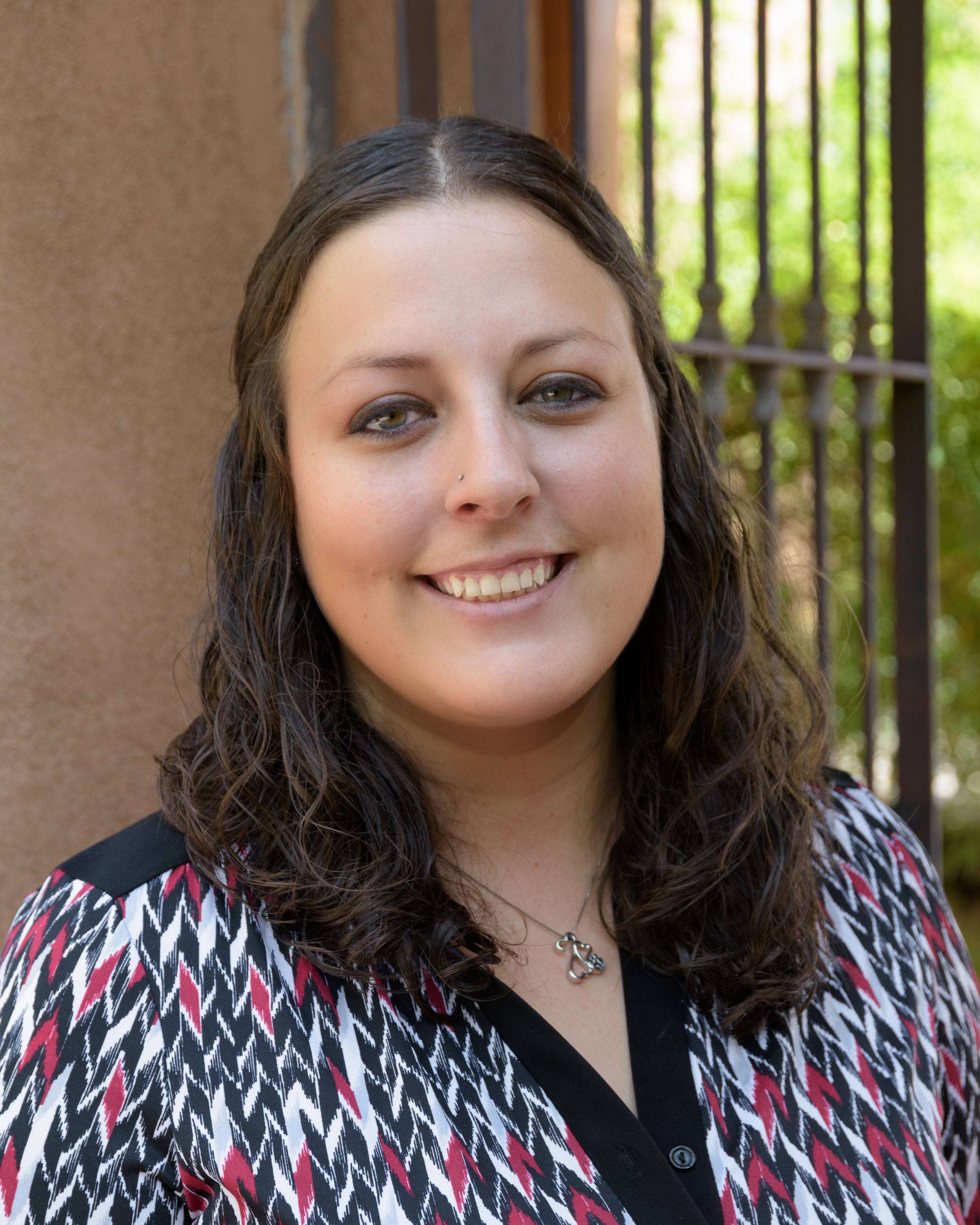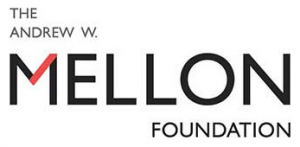Milena A. Melo
2017-2018
Mellon Fellow
Affiliation at time of award:
Assistant Professor,
Dept. of Anthropology and Middle Eastern Cultures,
Mississippi State University

Enacting Life: Dialysis Among Undocumented Mexican Immigrants in the U.S.-Mexico Borderlands
Federal policy classifies undocumented immigrants in the United States as ineligible for the majority of publicly funded healthcare services by virtue of their legal status. As a result, those with chronic, debilitating illness struggle to find adequate treatment for life-threatening conditions. Dr. Melo’s project follows the treatment experiences of one such population that political regimes of power situate at the fringes of the U.S. healthcare system: undocumented Mexican immigrants in South Texas who suffer from end-stage renal disease (ESRD). Using two years of participant observation, semi-structured interviews, and case studies, Melo examines how members of this marginalized population act in creative, intentional ways to access healthcare resources largely denied to them. This ethnography builds on existing scholarship in the anthropology of health, human rights, immigration, and biopolitics that considers how categories of exclusion in policy affect immigrant subjects in ways that produce or prolong social and/or physical suffering.
 Generous funding for this Fellowship provided by The Andrew W. Mellon Foundation.
Generous funding for this Fellowship provided by The Andrew W. Mellon Foundation.
COLLOQUIUM
Life and Death in Everyday Life: Emergency Dialysis for Undocumented Immigrants
Wednesday, October 25, 2017, 12:00–1:00 pm, Free
Over 11 million undocumented immigrants currently live and work in the United States as members of society who harvest our produce, scrub our toilets, contribute to the economy by paying taxes, and raise U.S. citizen children as part of mixed status families. However, they are barred from accessing the majority of publically funded healthcare services due to their unauthorized status. This becomes especially critical in cases of life and death, such as emergency dialysis for undocumented immigrants suffering from end-stage renal disease (ESRD). Categorical exclusion, together with incomplete and inadequate inclusion in emergency care, has the effect of producing and prolonging social and physical suffering for undocumented ESRD patients. Melo’s research draws on over two years of fieldwork in the Rio Grande Valley of South Texas, in which she analyzes how life and death are experienced by undocumented immigrants as they navigate the exclusionary practices of healthcare institutions and immigration policies to access treatment that will prolong life. At this politically charged moment in time where the fate of immigrants in the U.S. is unknown, this presentation utilizes ethnography to highlight the drastic health implications and costs for those who have been intentionally excluded from the healthcare system.
Videography by McCall Sides.